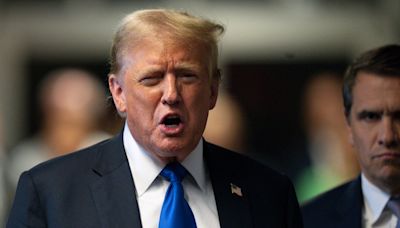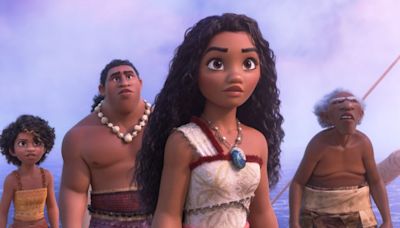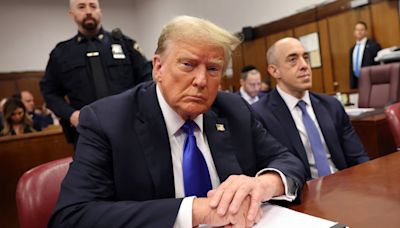Search results
- DictionaryHis·to·ry/ˈhist(ə)rē/
noun
- 1. the study of past events, particularly in human affairs: "medieval European history"
- 2. the whole series of past events connected with someone or something: "the history of Aegean painting"
People also ask
What does history mean?
What is history a collection of definitions?
What is world history?
What is human history?
history, discipline that studies the chronological record of events, usually attempting, on the basis of a critical examination of source materials, to explain events. For the principal treatment of the writing of history, and the scholarly research associated with it, see historiography. There are many branches of the study of history, among ...
Sep 23, 2020 · History describes our attempts to research, study and explain the past. This is a subtle difference but an important one. What happened in the past is fixed in time and cannot be changed. In contrast, history changes regularly. The past is concrete and unchangeable but history is an ongoing conversation about the past and its meaning.
History is an academic discipline which uses a narrative to describe, examine, question, and analyze past events, and investigate their patterns of cause and effect. [6] [7] Historians debate which narrative best explains an event, as well as the significance of different causes and effects.
- ‘I Have A Preference For Historians Who Probe Into The “Why” and The “How”’
- ‘History Is Fundamentally A Problem-Solving Discipline’
- ‘Histories Are Useful For Telling Us How We Got “Here”’
Chandak Sengoopta, Professor of History at Birkbeck, University of London Any thoroughly researched and well-argued study of any aspect of the past counts, for me, as history. I do have a preference for historians who probe into the ‘why’ and the ‘how’ but, overall, I think that our scope should be as broad and as catholic as possible. I am old eno...
Marcus Colla, Departmental Lecturer in European History at Christ Church, Oxford Though almost 60 years have passed since E.H. Carr first posed the question, undergraduates still continue to find much to unpack in his answers. Indeed, Carr’s 1961 book What is History? has enjoyed a longer shelf-life than most works of actual history. But it is a cu...
Faridah Zaman, Associate Professor of History, University of Oxford One way to attempt to answer this question is to ask ourselves what and who are histories for? A common starting point might be that histories are useful for telling us how we got ‘here’. Such histories might take the form of origin stories, of relatively linear and perhaps teleolo...
Oct 1, 2019 · Updated on October 01, 2019. History is the study of the human past as it is described in written documents left behind by humans. The past, with all of its complicated choices and events, participants dead and history told, is what the general public perceives to be the immutable bedrock on which historians and archaeologists stand.
The meaning of HISTORY is tale, story. How to use history in a sentence. tale, story… See the full definition. Games & Quizzes; Games & Quizzes; Word of the Day ...
world history, branch of history concerned with the study of historical phenomena that transcend national, regional, or cultural boundaries or distinctions between peoples or with the study of history from a global, comparative, or cross-cultural perspective. Although the academic study of world history is relatively new, having been initiated ...








